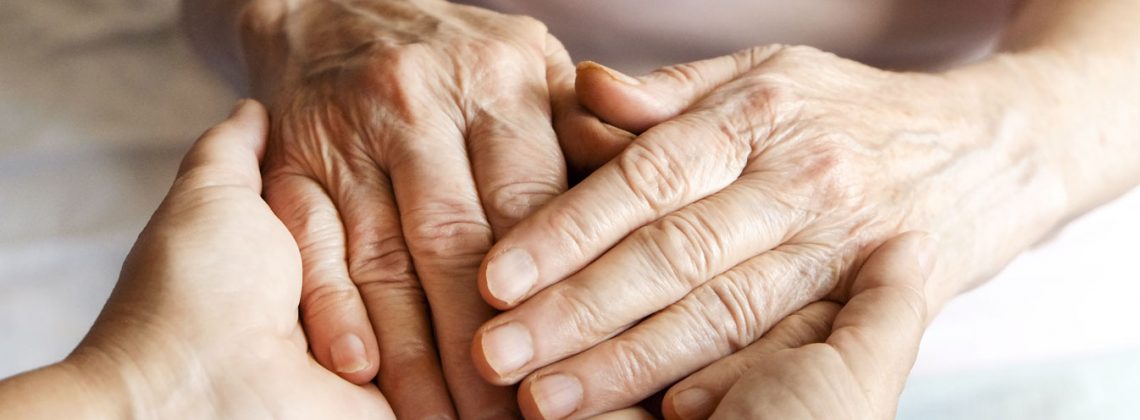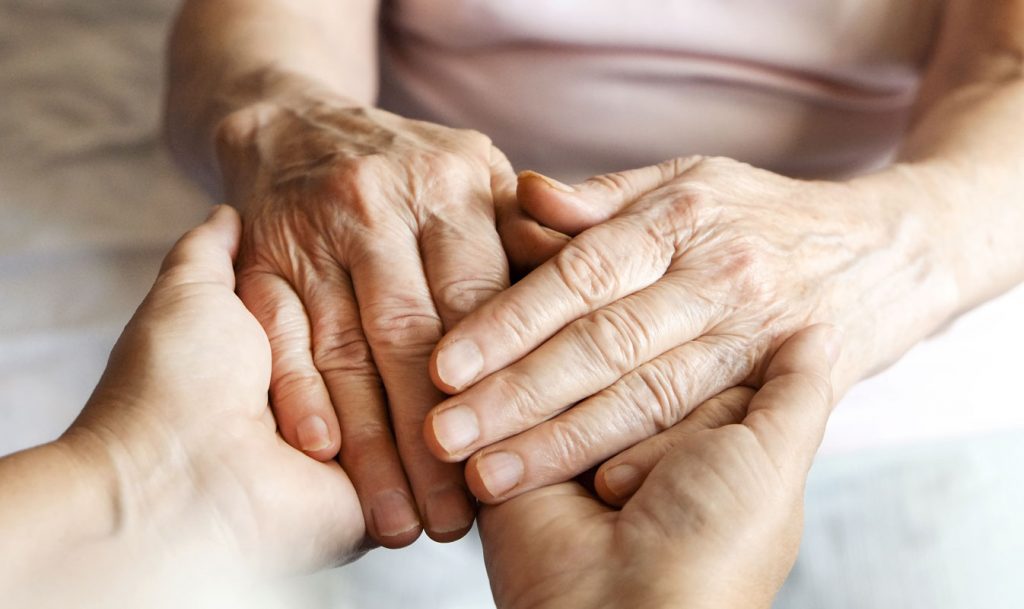

Every year in my United States history survey course we spend three or four class periods talking about the meaning of democracy in antebellum America. During a small seminar I introduce students to Alexis De Tocqueville, the author of Democracy in America. We spend some time talking about this passage from Book Two, Chapter I:
Among democratic nations new families are constantly springing up, others are constantly falling away, and all that remain change their condition; the woof of time is every instant broken and the track of generations effaced. Those who went before are soon forgotten; of those who will come after, no one has any ideas: the interest of man is confined to those in close proximity to himself…As social conditions become more equal, the number of persons increases who….owe nothing to man, and expect nothing from any man; they acquire the habit of always considering themselves as standing alone. And they are apt to imagine that their whole destiny in their own hands.
Thus not only does democracy make every man forget his ancestors, but it hides his descendants and separates his contemporaries from him; it throws him back forever upon himself alone and threatens in the end to confine him entirely within the solitude of his own heart.”
I thought about our discussion of Tocqueville after reading Peter Mommsen’s essay at Plough, “Yearning for Roots.” Mommsen writes: “We’re born with a hunger for connection with our ancestors–both biological and spiritual.”
Here’s more:
Whatever occasional interest people may take in their family history is too weak to overcome a far stronger current of indifference bordering on hostility toward the past. In the words of the Belgian critic Paul de Man, “Modernity exists in the form of a desire to wipe out whatever came earlier, in the hope of reaching at last a point that could be called a true present, a point of origin that marks a new departure.” If all that matters is the now – what philosophers call presentism – then there seems to be little we can learn from past generations. Instead, the cult of youth wields near-total cultural power.
One result is that the old are cut off from the young, socially and often physically as well. Traditionally, the role of elders was to pass on inherited wisdom to the next generation. But if the past is judged useless or morally suspect, the elderly can seem to have little to offer their communities. Even China, a country proud of its Confucian tradition of filial piety, felt compelled in 2015 to pass an Elderly Rights Law requiring grown children to visit their aging parents.
This bitter truth is now coming home to the once-young-but-now-aging radicals of the Age of Aquarius. And the wheel keeps on turning. Since the turn of the millennium, the pace of technological churn has accelerated the expiry date of youth for each generation. The same Millennials who wield the “OK Boomer” meme against sixty-somethings find themselves mocked by Zoomers for their skinny jeans, avocado eating, and cringe emoji use.
The devaluing of the old was laid bare during the Covid-19 pandemic, with particularly high mortality among those living in nursing homes, who also tend to report higher rates of loneliness and isolation. According to a study published in the Journal of Health Economics, in 2020 residents of US nursing homes were twenty-three times more likely to die of Covid than Americans age sixty-five and older with different living arrangements; in at least five states, one-eighth of nursing home residents at the beginning of that year were dead by its end.
The sheer number of deaths is a crass illustration of what Pope Francis calls “throw away culture,” in which the old, rather than passing on their wisdom to the young, are warehoused until they die. In Francis’s words: “The elderly are so often discarded with an attitude of abandonment, which is actually real and hidden euthanasia! It is the result of a throw away culture which is so harmful to our world.” Meanwhile, literal euthanasia, in the form of “medical assistance in dying” (MAiD) now legal in several jurisdictions in North America and Europe, is also becoming increasingly common as a logical extension of the same way of thinking. Most insidiously, elders begin to see themselves this way: with no cultural script of reverence for the wisdom of age and respect for its honor, the aged believe themselves to be above all in the way.
It’s not only the elderly who are negatively affected when the links between generations break down; the young lose out too. When the hollowing-out of intergenerational connections deprives youth of the sense of belonging to a story beyond themselves, other sources of identity will fill the void. As often as not, that will mean affiliating with an online tribe, which offers a sense of belonging that may range from trivial to noxious. Either way, it’s an unstable and risky way to form one’s identity.
Read the entire piece here.
This also reminded me of something I wrote in The Way of Improvement Leads Home: Philip Vickers Fithian and the Rural Enlightenment in Early America:
Philip’s attachment to Cohansey was inextricably linked to the experiences of those who went before him. His sense of place required an act of historical imagination. Cohansey’s physical landscape, the natural environment in which he enjoyed each spring, could not be separated from its local past. Philip was a serious student of Cohansey social history. He recorded, often in meticulous detail, the vital records of his neighbors and friends. He often made the habit of listing all of the marriages and deaths that had occurred during the preceding year in his hometown of Greenwich. He wrote brief tributes to Cohansians who had passed into glory, rejoiced in the marriages of friends and the births of children, and was always aware when newcomers arrived to the region, whether they had come to visit or stay permanently.
Philip took particular care to register his own family genealogy, and he was keenly aware of his place within it. When his grandmother Sarah Vickers died in December 1766, her passing led him to “think seriously” about his own mortality and the meaning of his life in the larger course of human events and family history. He began to construct some of the hereditary bridges that connected him to his past, recording the birth dates of his immediate family and his lineage dating back to Josiah Fithian, his paternal grandfather. Philip’s scribal habits are a testament to his knowledge of the people who inhabited the place where he lived. Births and marriages, baptisms and deaths–all were windows into the history of Cohansey and its families. They were sacred events worth noting because they confirmed that God was watching over Cohansey, quietly sustaining the lives of the Presbyterian faithful. The act of recording such data, however, private, was a celebration of a particular people, soil, and tradition. Philip saw himself as a laborer in that soil and a recipient of that tradition. History was a discipline that kept him attached to his home.